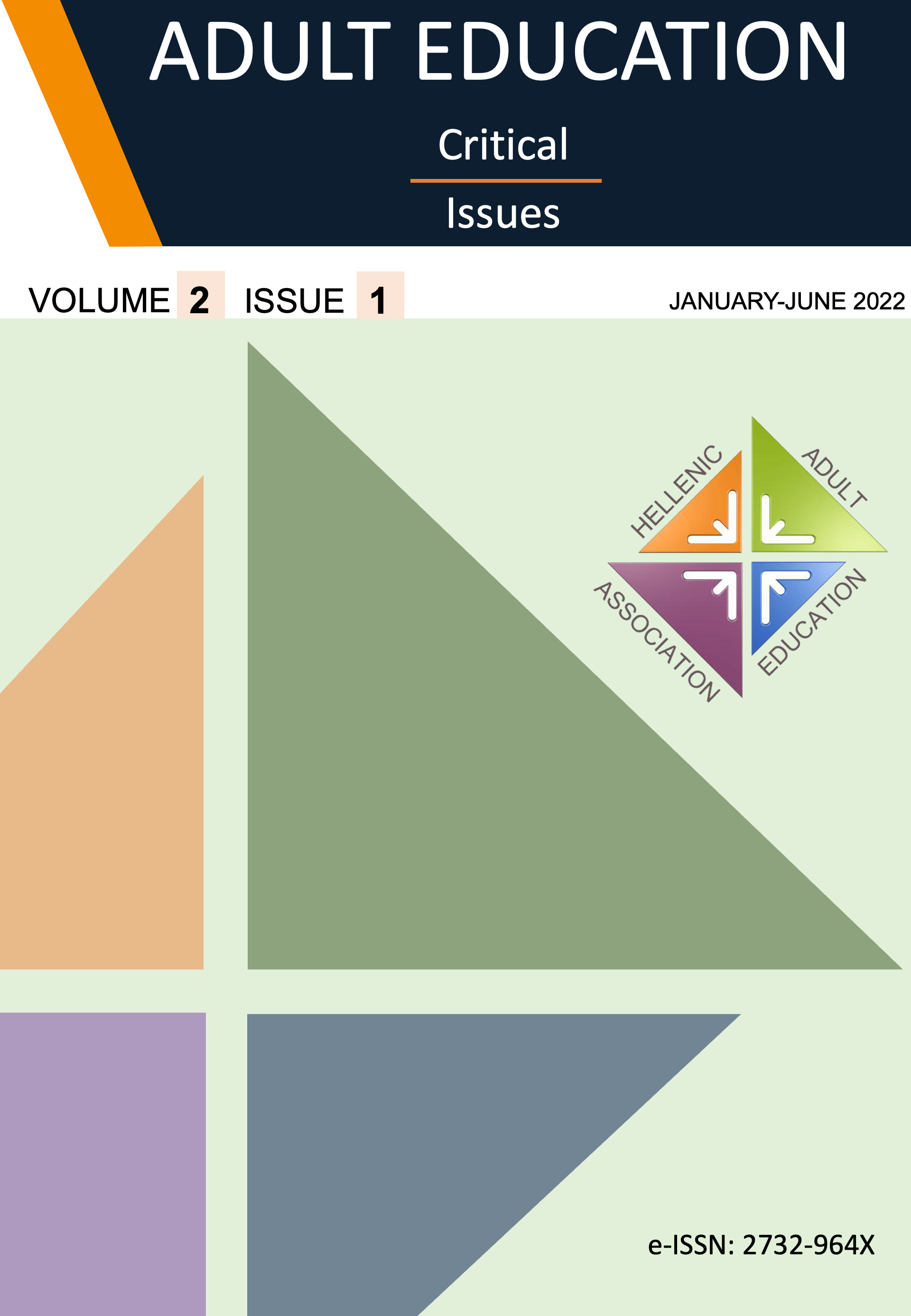"Biographical Learning" reloaded. Theoretical grounding of a challenging appoach
Abstract
Abstract. This article discusses an apparently ‘outdated’ concept of thinking about learning within the lifespan. Obviously, the term ‘biographical learning’ has been replaced by the label of ‘lifelong learning’. In a first section, this position is critically examined and the importance of the biography for all learning experiences is emphasised. In a second step of argumentation, it is conceptually specified what the peculiarity of biographical learning actually is. The specifity of this learning concept can only be understood from a biographical perspective through the dimensions of ‘temporality’, ‘contextuality’ and ‘reflexivity’. The concluding third part introduces the concept of ‘biographicity’ and proposes a theoretical understanding of the complex biographical learning idea using the ‘grammar metaphor’ from language theory.
Article Details
- Zitationsvorschlag
-
Alheit, P. (2022). "Biographical Learning" reloaded. Theoretical grounding of a challenging appoach. Adult Education Critical Issues, 2(1), 7–19. https://doi.org/10.12681/aeci.30008
- Rubrik
- Articles

Dieses Werk steht unter der Lizenz Creative Commons Namensnennung 4.0 International.
Authors who publish with this journal agree to the following terms:
- Authors retain copyright and grant the journal right of first publication with the work simultaneously licensed under a Creative Commons Attribution License that allows others to share the work with an acknowledgement of the work's authorship and initial publication in this journal.
- Authors are able to enter into separate, additional contractual arrangements for the non-exclusive distribution of the journal's published version of the work (e.g., post it to an institutional repository or publish it in a book), with an acknowledgement of its initial publication in this journal.
- Authors are permitted and encouraged to post their work online (e.g., in institutional repositories or on their website) prior to and during the submission process, as it can lead to productive exchanges, as well as earlier and greater citation of published work (See The Effect of Open Access).



